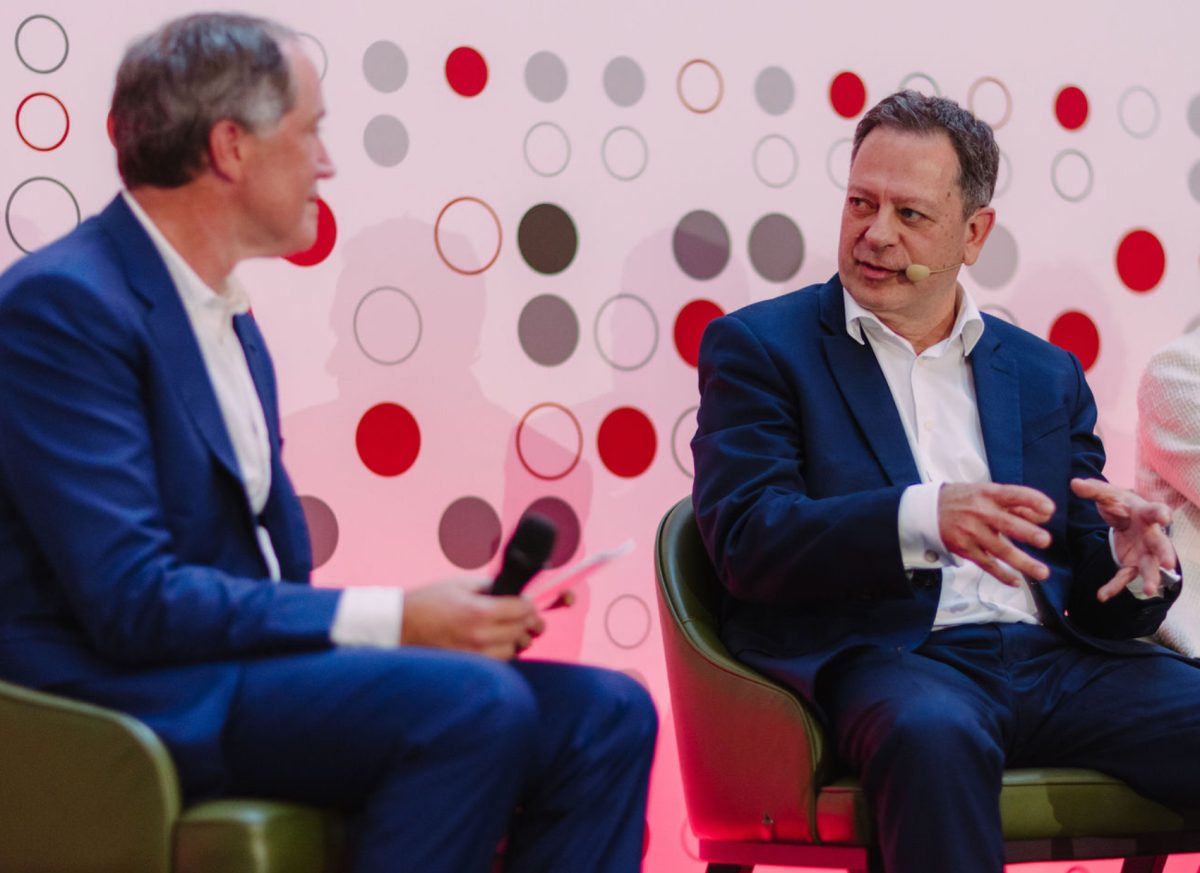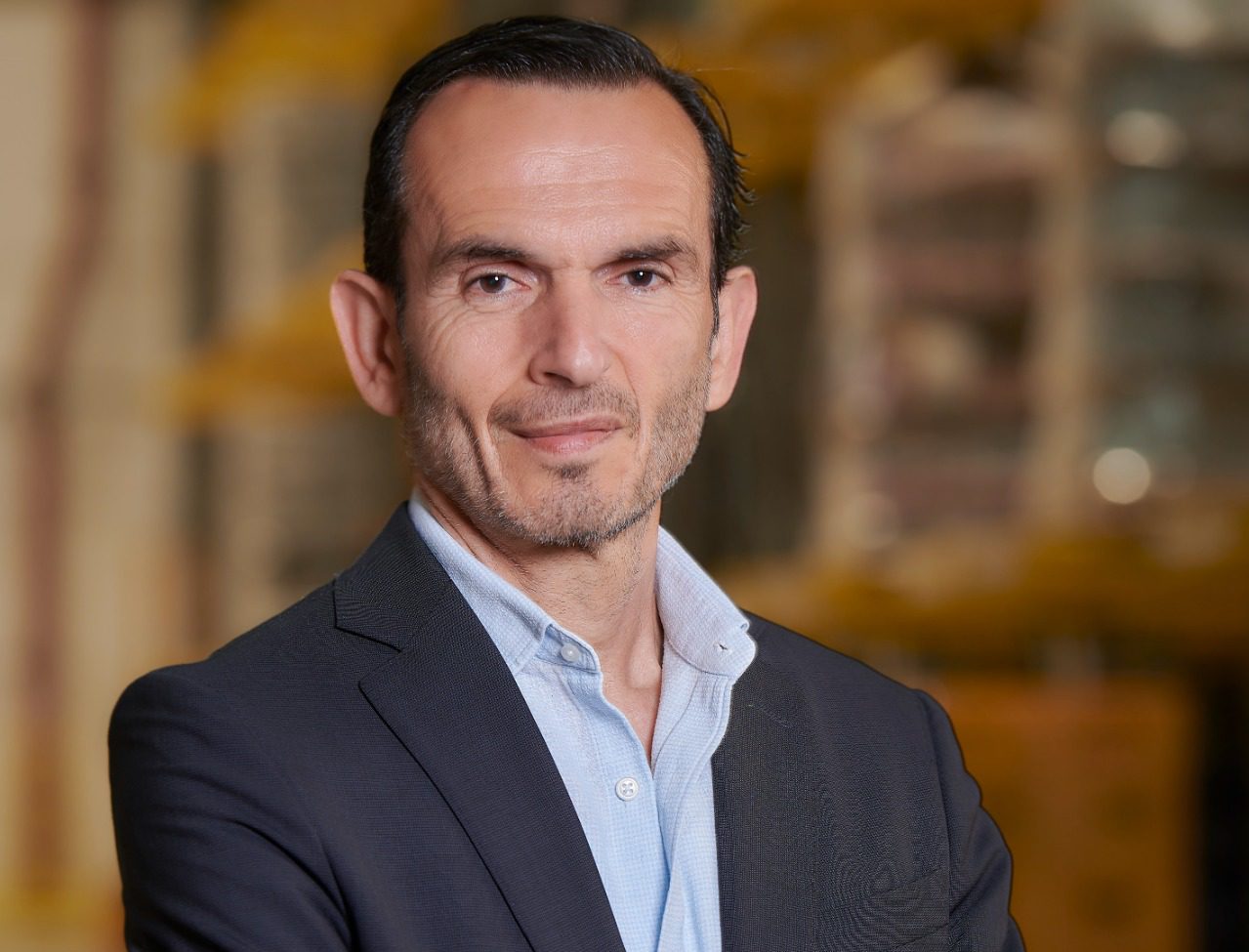Workers have become increasingly open to adapting to new ways of working, yet they still cannot fully understand why their business needs to implement any changes.
This was highlighted in PwC’s recently published Global Workforce Hopes and Fears Survey 2024. The survey tallied the replies of 56,600 workers in 50 countries and regions, hinting that the global workforce has become caught between today and tomorrow.
Strikingly, 62 per cent of workers said that they have experienced more change in their role in 2024 than they did in the previous 12 months.
The survey found that 77 per cent respondents said that they feel ready to adapt to new ways of working, while 72 per cent remarked that they are excited about opportunities to learn and grow in their role.

However, while workers have become more open to the future, present-day pressures could be clouding their vision of what the future could look like and what their role is in this regard.
In fact, 44 per cent of workers feel that they do not understand why things need to change, stating that they think the former state of working was fine.
53 per cent of respondents stated that they feel that there is too much change happening at once, while 47 per cent felt that recent changes which took place have made them concerned about their job security.
While many CEOs have highlighted the need for change in order to better suit today’s demands, evolving their businesses so that they remain economically viable in the long term, business leaders also need to explain this to their employees.
The workforce has to fully understand change to help the team pull the rope in the same direction.
According to PwC’s survey, more than a third of workers have experienced significant change in their role over the past 12 months, with some citing significant increases in workload, the need to learn new technologies to do their job, and also changes in the structure of their teams.

Business leaders and employees are relatively aligned in terms of how elements such as technology, climate change, and competitive dynamics are influencing businesses and jobs, yet there are still some notable differences.
CEOs feel more inclined to cite technological development as the major driver of change (56 per cent) than employees (46 per cent). To employees, climate change (37 per cent) is more of a reason for change than to CEOs (30 per cent).
Therefore, the executive team needs to communicate and engage with all segments of their workforce to explain why change is needed, the actions the company is taking, as well as the implications for their roles and jobs.
This must be done so that the leadership’s vision for the future is well understood by the workforce, enabling employees to be more engaged and connected with the organisation’s goals. Tied to this, business leaders also need to engage and inspire employees about the changes ahead, allowing them to be more excited and motivated, making it more likely that they will embrace change,
One particular change at the workforce is the increased use of Generative AI (GenAI), a type of AI that can produce complex content that is similar to human creativity.
61 per cent of workers stated that they have used GenAI at work at least once in the past 12 months, yet this is significantly lower for those who use it on a daily or weekly basis.
However, this is not just down to the employees themselves, as 24 per cent of respondents said that their employers have not given them access to GenAI tools at work, while 12 per cent stated that they are not allowed to use such technologies at work.
Here, business leaders need to empower their workforce to experiment and come up with innovative solutions to how work gets done.
Both business leaders and employees are in agreement in terms of wasted time, with the majority feeling that GenAI could increase efficiencies at their workplace.
The report added that employees recognise that GenAI, as is the case with other technologies, has both strengths and weaknesses. One of their primary concerns is the potential increase in bias against them at work, and the possibility to have GenAI produce misinformation.
Despite this, employees still have a more positive perception of GenAI, with more than 70 per cent of respondents who have used GenAI agree that the tools will create opportunities to learn new skills, be more creative, and improve the quality of their work.
In terms of job satisfaction, 60 per cent of employees stated that they are very or moderately satisfied, compared with the 56 per cent who said so last year.
However, this does not mean that they will remain with their present employer, with many eyeing other opportunities. More employees said that they are likely to change employers in the next 12 months (28 per cent) than 2022’s great resignation (19 per cent).
When it comes to choosing an employer, upskilling opportunities have become a critical factor for employees. According to the survey, employees who say they are likely to switch employers in the next 12 months are nearly twice as likely to strongly consider opportunities to learn new skills in such decisions.
Kyte Global supports companies in achieving DORA and MiCA compliance following their release
With new EU regulations on digital resilience and crypto-assets set to take effect in 2025, Kyte Global is supporting organisations ...
Corinthia Group Managing Director and CEO recognised with international award
Simon Naudi was awarded the Exceptional Contribution CEO Award from Global Hotel Alliance.
Alexander Fenech takes on strategy role at Brown’s as Tiziana Ceci named CEO
The pharmacy chain also announced the addition of two independent directors to its board.
New distribution centre to give spun-off food business ‘marked advantage’ – Farsons CEO
The centre is set for completion in 2026.









